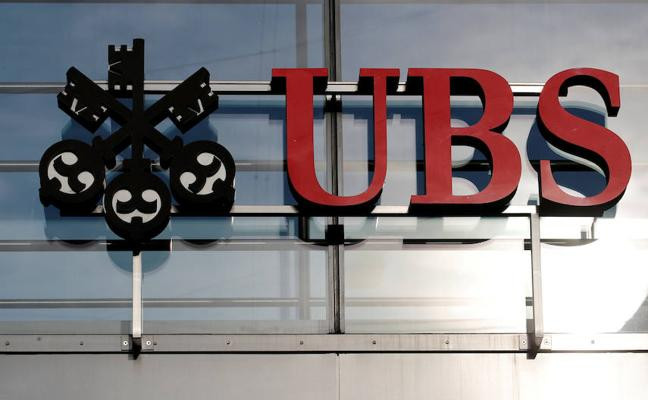The popularity of family offices, the private wealth management advisory firms that have ultra-high-net-worth investors, are helping shape the investment routes that Asia's ultra-rich take in preserving their wealth for generations.
Such is the number of inter-generational transfers during these times as business founders retire.
The Financial Times reported that private banks expect about 35% of Asian wealth to be handed over to the next generation within the next five to seven years.
Asia's growing number of billionaires made family offices more mainstream.
The Monetary Authority of Singapore (MAS) stated that the number of family offices, with 60% in Hong Kong while the rest are in Singapore, quadrupled between 2016 and 2018.
UBS estimates there are between 250 and 300 large family offices in Asia with hundreds of millions of dollars in assets each.
Formerly just tight-lipped organizations founded by the 1% tasked with investing for the preservation of multigenerational wealth, family offices are formal businesses now that employ advisers and managers.
It is by using family offices that ownership and control of the assets get formalized and investment parameters are spelled out for guidance in wealth management.
Anurag Mahesh, head of UBS' global family office group in the Asia Pacific, indicated that family offices are responsible for portfolios not changing quickly because there's greater emphasis on asset allocation and risk management.
According to Swiss bank UBS, Asia's largest wealth manager by assets under management, the younger members of rich families invest in companies whose products and services have a positive impact on the environment and society.
UBS added that the region's richest families are now into technology and less on foreign exchange.
Mahesh noted that private equity investments are popular with Asian family offices, wherein a great part of the investment goes into technology and real estate.
The technology investment areas favored by Asian family offices are education and healthcare because computers and software have changed the way services get done there now.
Real-estate investments include new favored areas like eco-tourism and shared spaces.
Mahesh, when asked about foreign-exchange trading that was once popular among older private banking clients said this is now a "risk-mitigation tool" rather than the past's "risk-assuming tool."
The average family office in Asia that got surveyed manages $600 million.
UBS' report covered 86 family offices in the Asia Pacific with an average family wealth of $908 million.
CEOs of Asia's family offices are the best beating those in Europe and the US with family offices in the region having an annual return average of 6.2%.
Forty percent of Asian family offices are now in sustainability investing with family offices while the rest of the world's average is at 34%.





